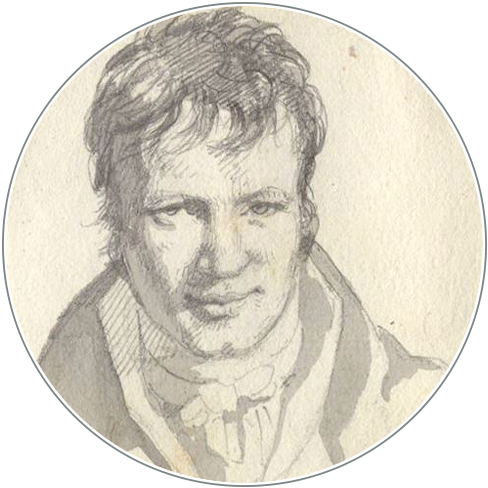Unterwegs zum Weltbewußtsein. Alexander von Humboldts Wissenschaftsverständnis und die Entstehung einer ethisch fundierten Weltanschauung
DOI:
https://doi.org/10.18443/1Schlagworte:
Clifford Geertz, Hans Küng, Otfried Höffe, WeltbewusstseinAbstract
Abstract
Towards Global Consciousness. Alexander von Humboldt's Conception of Science and the emerging ethical Weltanschauung. In the context of recent reflections upon global ethics (Hans Küng), global democracy (Otfried Höffe) and a new cultural situation after the end of the Cold War (Clifford Geertz), Alexander von Humboldt's concept of global consciousness (Weltbewußtsein) marks a decisive point in the ungoing process of the construction of a new ethics of globalization. This article tries to show how Humboldt's transdisciplinary and intercultural conception of sience as WorldWideWeb integrates Kant's philosophical visions of global political institutions and formulates a critique of the non-empirical foundations of Hegel's teleological Weltanschauung. From his Visions of Nature and his Personal Narrative to his Cosmos, Humboldt's theory and practice of science help us to find a new ethos and new answers to the contemporary questions of divergent modernities.
Resumen
Hacia una conciencia universal. La concepciónde la ciencia en Alejandro de Humboldt y la emergencia de una nueva ética de la Weltanschauung. En el contexto de las recientes reflexiones en torno a una ética planetaria (Hans Küng), una democracia planetaria (Otfried Höffe) y la nueva situación cultural después de la guerra fría (Clifford Geertz), el concepto de una conciencia universal (Weltbewußtsein), propuesto por Alejandro de Humboldt, señala un momento decisivo en la construcción de una nueva ética de la globalización. En este ensayo, tratamos de poner de relieve en qué forma su concepción intercultural y transdisciplinaria del quehacer científico es capaz de integrar las visiones filosóficas de Kant acerca de las instituciones políticas universales y de desarrollar una crítica de la Weltanschauung teleológica de Hegel que carecía de suficiente fundamento empírico. Desde sus Cuadros de la Naturaleza y su relato de viaje hasta su obra de madurez, el Cosmos, la teoría y la práctica de una ciencia entendida como WorldWideWeb fundan un nuevo ethos capaz de estimular respuestas dinámicas a los desafíos creados por nuestras modernidades divergentes.
Veröffentlicht
Zitationsvorschlag
Ausgabe
Rubrik
Lizenz
Copyright (c) 2000 Ottmar Ette

Dieses Werk steht unter der Lizenz Creative Commons Namensnennung - Nicht-kommerziell 4.0 International.
Die Rechte der eingesandten Artikel bleiben bei den Autoren und werden unter einer Creative Commons-Lizenz (CC BY-NC 4.0) veröffentlicht. Alle bei HiN publizierenden Autorinnen und Autoren akzeptieren dieses Lizenzmodell.
Die Autorinnen und Autoren tragen die Verantwortung für das Einwerben der Bildrechte.
Die Rechte am Layout und Design der Zeitschrift sind nicht übertragbar und können nicht ohne vorherige Zustimmung von HiN in anderen Publikationen weiterverwendet werden.









